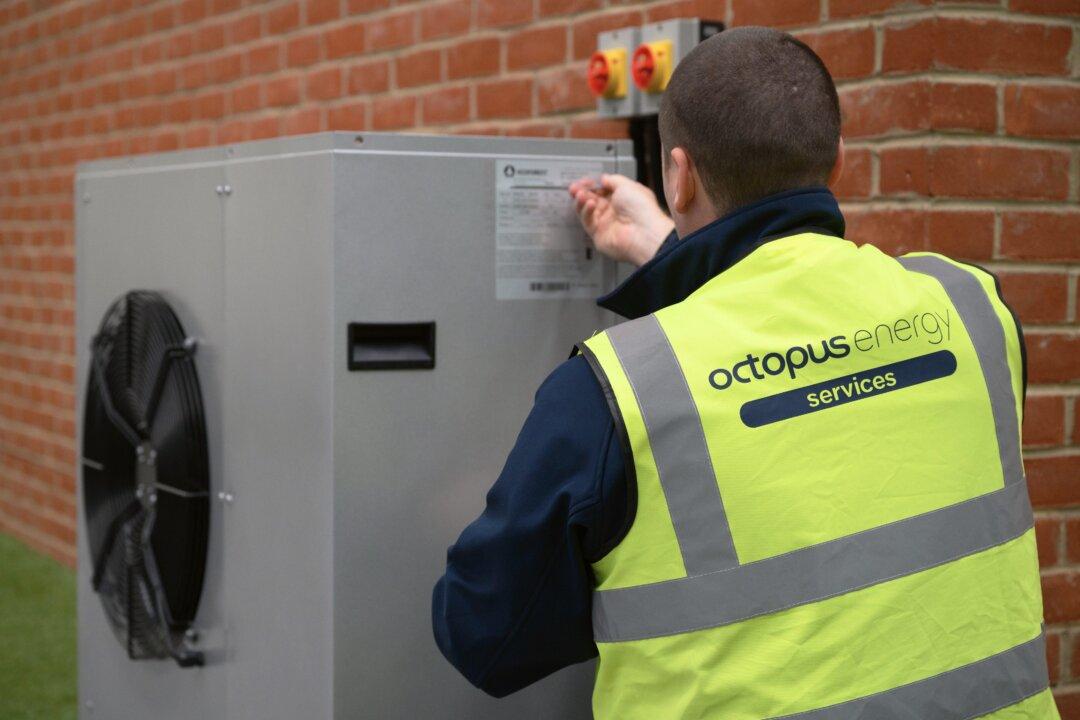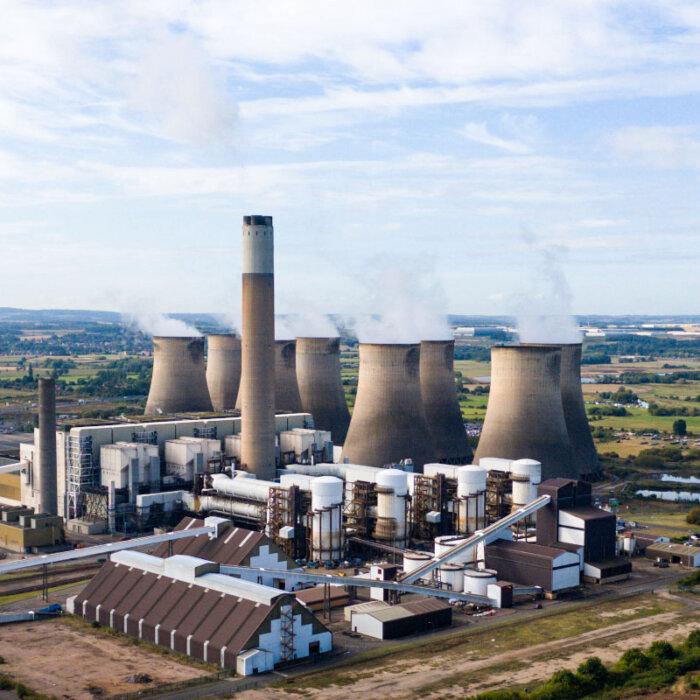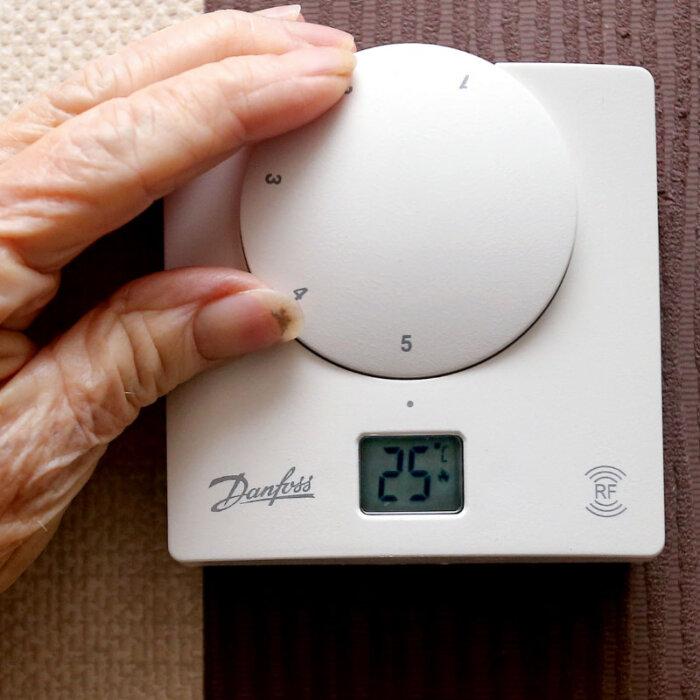The government has cut fines for boiler makers who fall short of targets to sell heat pumps, the Department for Energy Security and Net Zero (DESNZ) announced on Thursday.
The penalties, part of the Clean Heat Market Mechanism, will be lowered from £3,000 to £500, for every heat pump unit sale short of targets, for the first year of the scheme.
The 2025/2026 target for heat pump sales is set at 6 percent of boiler sales.
DESNZ has also shifted the period over which boiler sales are counted in the scheme to run from April 1, 2025, to March, 31, 2026, as opposed to Jan, 1 to Dec. 31, 2025.
The department said in a statement that the “new changes to make sure manufacturers have the time they need to scale up supply chains, making heat pumps an even more attractive choice for households and boosting sales without penalising those buying a new gas boiler.”
Mike Foster, chief executive of Energy and Utilities Alliance, said that ministers had constructively engaged with British manufacturers, “who have warmly welcomed this new approach.”
Boiler Upgrade Scheme
Getting more homes to switch from gas boilers to heat pumps is a key objective for the government to meet its legally binding target of net zero carbon emissions by 2050.The government says that switching from a gas boiler to an electric heat pump can save families £100 a year.
To help homeowners pay for the expensive new heating system, the previous government introduced a £7,500 heat pump grant through the Boiler Upgrade Scheme.
On Thursday, the government announced that it would be injecting a further £30 million into this Boiler Upgrade Scheme this financial year, then almost doubling the budget to £295 million in 2025/2026.
Warm Homes Plans
DESNZ also promoted its Warm Homes Plan, which it says will “help people find ways to save money on energy bills and deliver warmer, cleaner to heat homes, with up to 300,000 homes to benefit from upgrades next year.”Minister for Energy Consumers Miatta Fahnbulleh said: “The idea at the heart of our Warm Homes Plan is a simple one—all families deserve the security of a home they can afford to heat.
“But for too long, that has been out of reach for far too many people who have been left with draughty homes and sky-high bills. That is why we are taking immediate action today to make cleaner heating available to more households.”
“This follows our plan to lift over one million households out of fuel poverty by consulting on boosting minimum energy efficiency standards for all renters by 2030, delivering warmer homes and cheaper bills,” Fahnbulleh added.







